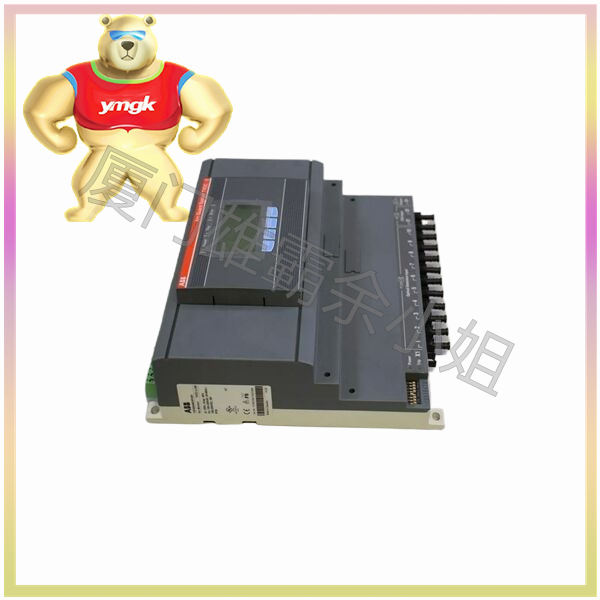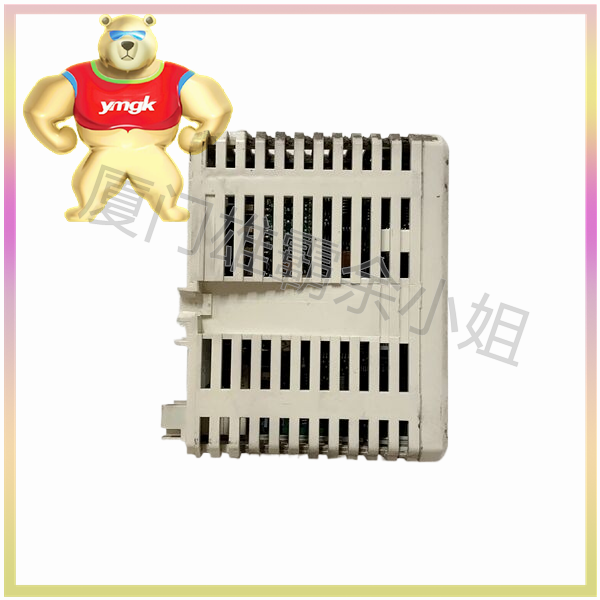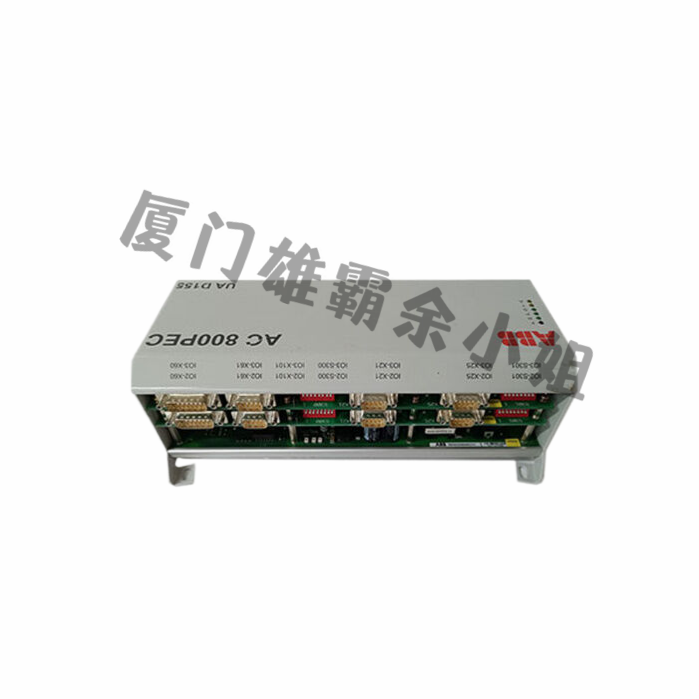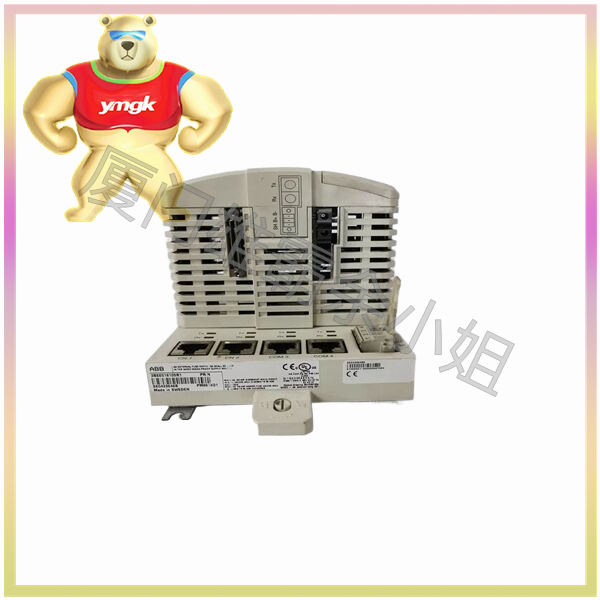Functions of PLC
PLC mainly undertakes the following functions in the control system:
(1) Receive external input signals, such as signals from buttons, sensors, and other devices.
(2) Execute preset program: Perform logical operations, sequence control, and other operations according to the preset program.
(3) Output control signal: Send control signals to actuators such as drivers based on the calculation results.
(4) Monitoring device status: Real time monitoring of device operation status by receiving feedback signals from the device.
(5) Fault handling: When the equipment malfunctions, issue an alarm signal and take corresponding measures.
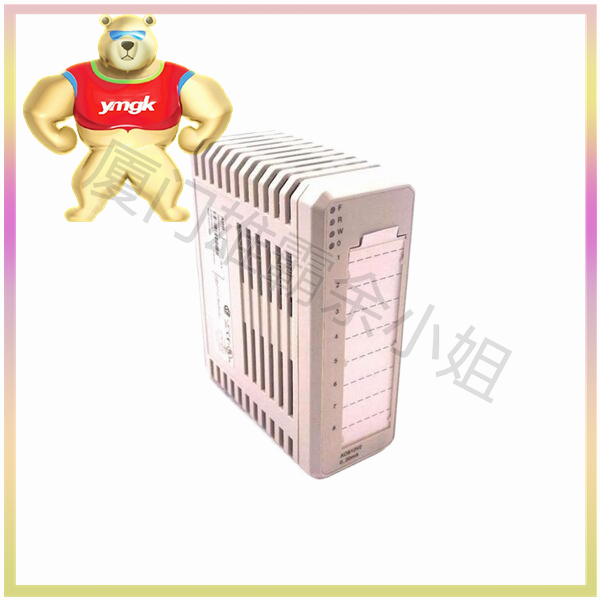
Function of the driver
The driver mainly undertakes the following functions in the control system:
(1) Receive control signals: Receive control signals from controllers such as PLCs.
(2) Amplify power signal: Amplify the control signal into a power signal sufficient to drive the device to move.
(3) Drive equipment operation: Convert power signals into actual current or voltage to drive the equipment to move.
(4) Receive feedback signals: Receive feedback signals from devices and transmit them back to controllers such as PLCs to form closed-loop control.


